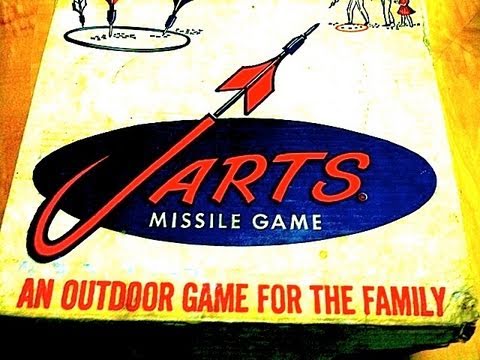Wanting to send people into space is inspiring, but impractical.
(Humans are fragile, & scientific knowledge is best gained by remote sensing & non-manned probes.)
A better use of our resources is to defend what we have...a really wonderful (if slightly used & abused) planet.
The big one (dino killing size) should be detected far enuf in advance to deflect it into a safe path.
Progress on that.....
NASA unveils plan to test asteroid defense technique
From the article....
On Friday, the space agency announced plans to redirect the course of a small asteroid approaching Earth, as part of the Double Asteroid Redirection Test (DART), according to a NASA press release.
More National Headlines
[RELATED: SpaceX preps for third launch | Where to watch rocket launches on the Space Coast]
But the DART project -- a joint effort between NASA and the John Hopkins Applied Physics Laboratory in Maryland -- is for the asteroids that are too big to break up -- those that could have severe consequences for the Earth if they hit.
(Humans are fragile, & scientific knowledge is best gained by remote sensing & non-manned probes.)
A better use of our resources is to defend what we have...a really wonderful (if slightly used & abused) planet.
The big one (dino killing size) should be detected far enuf in advance to deflect it into a safe path.
Progress on that.....
NASA unveils plan to test asteroid defense technique
From the article....
On Friday, the space agency announced plans to redirect the course of a small asteroid approaching Earth, as part of the Double Asteroid Redirection Test (DART), according to a NASA press release.
More National Headlines
-
 Asteroid Day: Monitoring skies for next strike
Asteroid Day: Monitoring skies for next strike - NASA's colorful clouds light up the sky
- NASA's Kepler mission finds 10 Earth-size exoplanets, 209 others
- Meet NASA's newest Astronaut recruits
- Here comes the sun: NASA's first mission to the giant star set for 2018
[RELATED: SpaceX preps for third launch | Where to watch rocket launches on the Space Coast]
But the DART project -- a joint effort between NASA and the John Hopkins Applied Physics Laboratory in Maryland -- is for the asteroids that are too big to break up -- those that could have severe consequences for the Earth if they hit.


